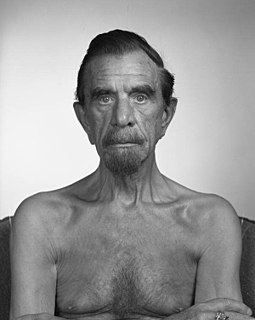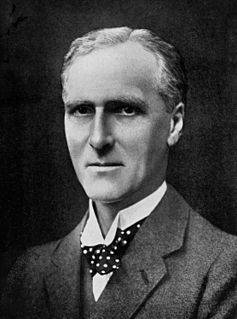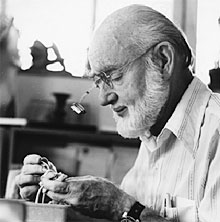A Quote by E. O. Wilson
Biophilia: the innate pleasure from living abundance and diversity as manifested by the human impulse to imitate Nature with gardens.
Related Quotes
Enforced by genetics, sexual reproduction, perspective, and experience, the most manifest characteristic of human beings is their diversity. The freer an economy is, the more this human diversity of knowledge will be manifested. By contrast, political power originates in top-down processes-governments, monopolies, regulators, and elite institutions- all attempting to quell human diversity and impose order. Thus power always seeks centralization.
One painter ought never to imitate the manner of any other; because in that case he cannot be called the child of nature, but the grandchild. It is always best to have recourse to nature, which is replete with such abundance of objects, than to the productions of other masters, who learnt everything from her.
As for the meaning of gardens, particular gardens may have, of course, all sorts of different meanings - emotive, historical, emblematic, religious, commemorative, and so on. But I think that good gardens all signify or exemplify an important truth about the relationship of culture and nature - their inseparability.
A living creature develops a destructive impulse when it wants to destroy a source of danger... The original motive is not pleasure in destruction... I destroy in a dangerous situation because I want to live and do not want to have any anxiety. In short, the impulse to destroy serves a primary biological will to live.
Nonviolent actions are by their nature androgynous. In them the two impulses that have long been treated as distinct, 'masculine' and 'feminine,' the impulse of self-assertion and the impulse of sympathy, are clearly joined; the very genius of nonviolence, in fact, is that it demonstrates them to be indivisible, and so restores human community.
Such are the differences among human beings in their sources of pleasure, their susceptibilities of pain, and the operation on them of different physical and moral agencies, that unless there is a corresponding diversity in their modes of life, they neither obtain their fair share of happiness, nor grow up to the mental, moral, and aesthetic stature of which their nature is capable.
Both abundance and lack exist simultaneously in our lives, as parallel realities. It is always our conscious choice which secret garden we will tend... when we choose not to focus on what is missing from our lives but are grateful for the abundance that's present - love, health, family, friends, work, the joys of nature and personal pursuits that bring us pleasure - the wasteland of illusion falls away and we experience Heaven on earth.



































